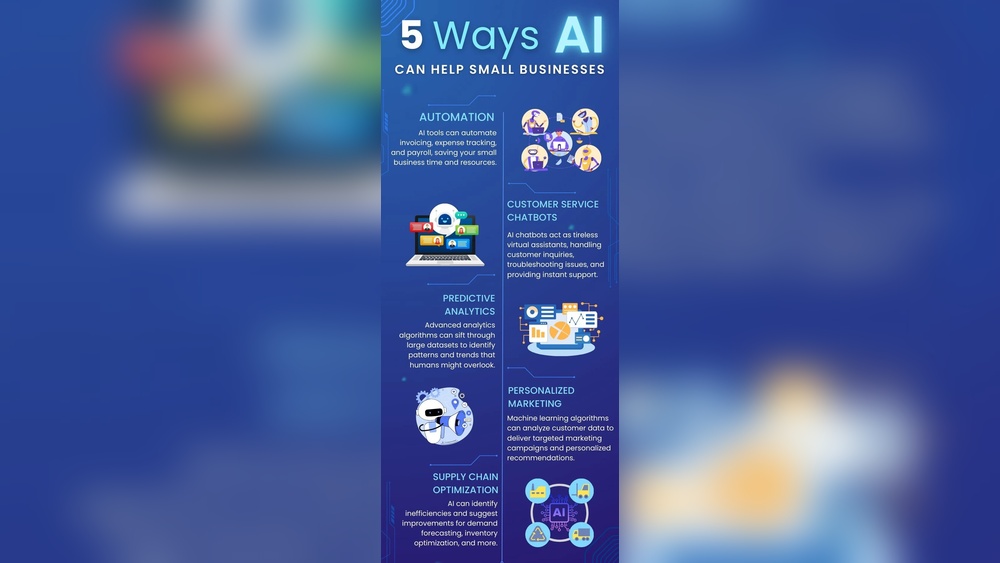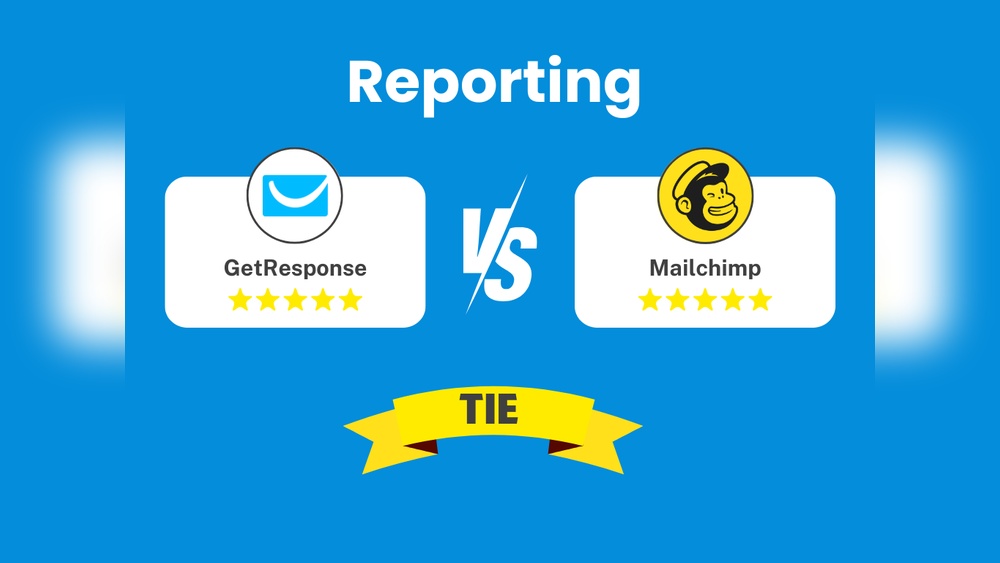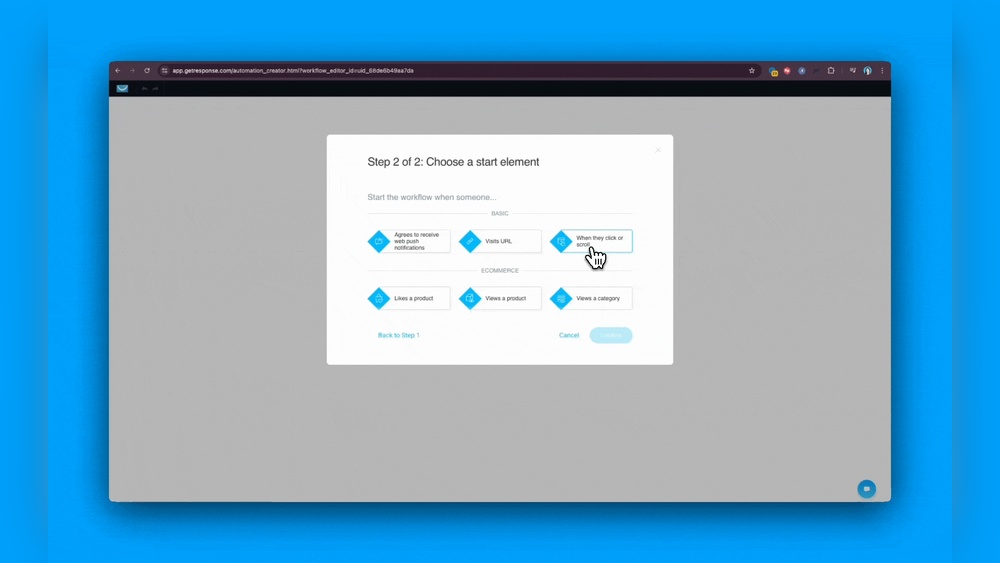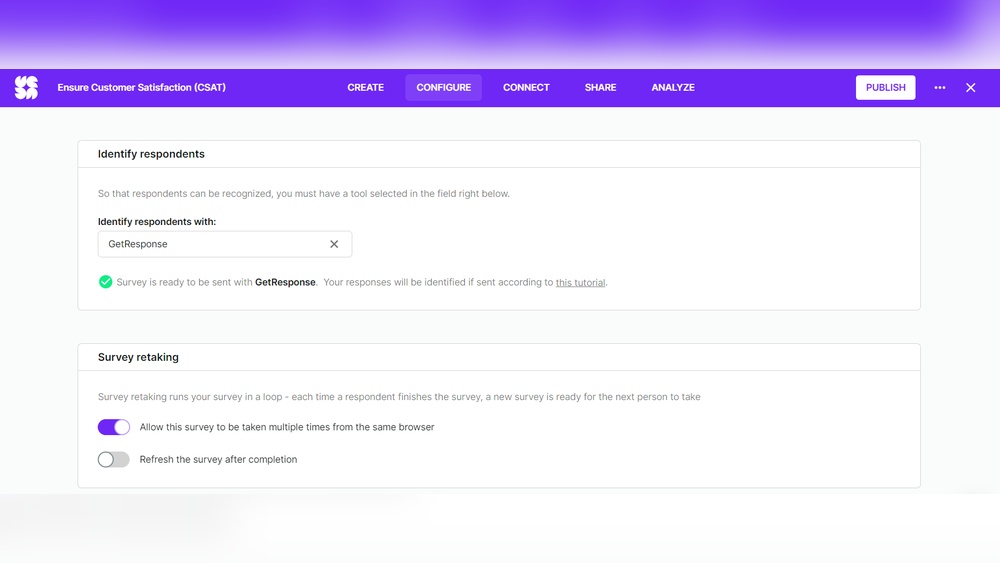Are you looking for ways to make your small business smarter and more competitive? Imagine having a tool that shows you exactly what your customers want, where your money is best spent, and how to boost your profits—all without guesswork.
Data analytic tools do just that. They turn numbers and information into clear insights that help you make smarter decisions every day. Keep reading to discover how these powerful tools can transform your business, save you time, and give you the edge you need to grow confidently.
Benefits For Small Businesses
Data analytic tools offer many benefits for small businesses. These tools help owners understand their operations better. They provide clear insights that small businesses can use daily. Using data analytics, businesses can improve their efficiency and grow steadily.
Cutting Costs Efficiently
Data analytic tools identify areas where costs are too high. They reveal wasteful spending and suggest ways to save money. Small businesses can reduce expenses without hurting quality. This leads to better use of limited resources.
Boosting Profit Margins
Analytics show which products or services make the most profit. Businesses can focus on these areas to increase earnings. Pricing strategies become smarter with data insights. This helps maximize profits while keeping customers happy.
Enhancing Customer Satisfaction
Data analytics track customer behavior and preferences clearly. This knowledge allows businesses to tailor products and services. Personalized experiences make customers feel valued and understood. Happy customers return more often and recommend the business.
Informed Decision Making
Decisions based on data are more accurate and confident. Small businesses can avoid guesswork and reduce risks. Analytics provide real-time information that supports quick actions. This ensures better planning and resource allocation every day.
Improving Marketing Strategies
Improving marketing strategies is essential for small businesses to grow and succeed. Data analytic tools provide valuable information that helps businesses understand their audience better. These tools break down complex data into simple insights. Business owners can use this information to create smarter marketing plans that reach the right customers. With clear data, businesses save time and money by focusing on what truly works.
Targeted Customer Insights
Data analytic tools help identify who your best customers are. They analyze buying habits, preferences, and behaviors. This information allows businesses to focus marketing efforts on groups most likely to buy. Targeted insights reduce wasted spending on broad or unfocused campaigns. Businesses can tailor messages that speak directly to customer needs. This focused approach increases the chance of attracting loyal customers.
Optimizing Campaign Performance
Data tools track the success of each marketing campaign in real time. They show which ads and channels bring the most response. Businesses can quickly adjust strategies based on this feedback. This avoids spending money on poor-performing campaigns. Optimization leads to better return on investment. Small businesses can test different ideas and choose the most effective ones without guesswork.
Personalizing Customer Experiences
Data analytics enable businesses to customize their communication with customers. Personalized messages create stronger connections and trust. Tools analyze past interactions to recommend products or offers that fit each customer. Personalization makes customers feel valued and understood. This increases engagement and encourages repeat purchases. Small businesses gain a competitive edge by offering unique experiences to each buyer.
Streamlining Operations
Streamlining operations is crucial for small businesses to stay competitive and profitable. Data analytic tools provide clear insights that help simplify complex processes. These tools allow businesses to track and manage daily activities more effectively. This leads to better use of resources and faster decision-making. Understanding where improvements can be made reduces downtime and boosts productivity.
Monitoring Production Processes
Data analytics helps track every step in the production line. It shows real-time information on how tasks are performed. Small businesses can spot delays or errors early. This prevents bigger problems and keeps production smooth. Monitoring also ensures quality standards are met consistently. It helps maintain customer satisfaction by delivering reliable products.
Identifying Inefficiencies
Analytic tools reveal areas where resources are wasted or tasks slow down. Businesses can see which processes use too much time or cost too much money. This insight guides managers to adjust workflows or reassign duties. Identifying inefficiencies saves time and lowers operational costs. It makes the business run more smoothly and profitably.
Reducing Waste
Data analytics tracks material usage and inventory levels closely. Small businesses can reduce overstock and avoid shortages. This cuts down on excess waste and storage costs. Analytics also helps spot patterns in waste generation. Companies can then change their methods to use resources more wisely. Reducing waste benefits both the environment and the bottom line.
Predictive Analytics Use
Predictive analytics uses data, statistical algorithms, and machine learning techniques. It helps small businesses predict future outcomes based on past data. This technology supports decision-making by forecasting trends and behaviors.
Small businesses can plan better by understanding what customers might do next. Predictive analytics reduces guesswork and focuses efforts on what works. It helps save time and resources while improving results.
Forecasting Customer Behavior
Predictive analytics examines past customer actions to forecast future behavior. It identifies buying patterns and preferences to target marketing efforts. Businesses can predict which customers will buy again or try new products.
This insight helps tailor promotions and offers. It also guides inventory management by showing what products will be in demand. Predicting customer behavior increases sales and improves customer satisfaction.
Enhancing Customer Retention
Predictive analytics spots signs of customers likely to leave. It analyzes engagement, purchase frequency, and feedback to find at-risk customers. Small businesses can act early to keep these customers happy.
Targeted retention strategies, like personalized offers or improved service, reduce churn. Keeping existing customers costs less than acquiring new ones. Predictive analytics helps build loyal customer relationships.
Anticipating Market Trends
Predictive tools analyze market data to identify emerging trends. Small businesses can adjust products and services to meet future demand. This helps stay competitive and responsive in a changing market.
Early trend detection allows smarter investment and marketing decisions. Businesses avoid losses by not investing in declining trends. Predictive analytics supports growth by aligning with market changes.
Sales Cycle Optimization
Sales cycle optimization helps small businesses sell smarter and faster. It focuses on improving each step from lead to sale. Data analytic tools provide clear insights to refine this process. These tools help businesses understand customer behavior and timing. They make sales efforts more efficient and effective. Below are key ways data analytics aids in optimizing the sales cycle.
Tracking Customer Journey
Data analytic tools track every interaction customers have with a business. From first visit to final purchase, the journey is mapped out. This tracking shows which steps cause delays or drop-offs. Businesses can see where customers lose interest or get stuck. This insight helps in fixing problems early. Tracking also reveals popular paths customers take to buy. Businesses can focus on these paths to boost sales.
Identifying Ready Buyers
Not all leads are ready to buy immediately. Data tools analyze behaviors to spot who is close to buying. Patterns like repeated site visits or product views signal readiness. This allows sales teams to prioritize these buyers first. It saves time and resources by targeting high-potential leads. Identifying ready buyers increases chances of quick sales. It also improves customer experience by offering timely help.
Improving Conversion Rates
Conversion rate means turning visitors into customers. Data analytics find what works best to increase this rate. It tests different messages, offers, and timing to see what sells more. Small businesses can adjust their approach based on real data. This reduces guesswork and wasted effort. Better conversion rates lead to higher revenue and growth. Analytics also help in personalizing sales for each customer.

Credit: bermont.digital
Leveraging Ai And Automation
Leveraging AI and automation offers small businesses powerful ways to handle data efficiently. These technologies reduce manual work and speed up decision-making. They allow businesses to focus on growth and customer satisfaction without getting lost in numbers. AI and automation bring clear benefits by simplifying complex data tasks.
Automated Data Analysis
AI tools can analyze large data sets without human help. This automation cuts down the time spent on reports and charts. Small businesses get accurate results quickly. Automated systems spot trends and patterns that humans might miss. This leads to better marketing strategies and smarter business moves.
Real-time Insights
Automation delivers data updates instantly. Small businesses can see changes as they happen. Real-time insights help react to customer needs faster. They improve inventory management and reduce waste. Fast data access also supports quick problem-solving and decision-making.
Scalable Solutions
AI and automation tools grow with the business. Small businesses can start with simple features. As they expand, these tools handle more data and tasks. This flexibility saves money and avoids frequent software changes. Scalable solutions support long-term success and adapt to new challenges.
Choosing The Right Tools
Choosing the right data analytic tools is key for small businesses to thrive. The right tools help make sense of data quickly. They must fit the business needs without adding complexity. Picking tools that match your skills and budget improves success. Tools that work well with current systems save time and reduce errors.
User-friendly Platforms
Simple tools help users learn fast and avoid confusion. Intuitive interfaces allow staff to focus on data, not software. Clear dashboards and easy reports speed up decision-making. Training costs stay low with user-friendly platforms. These tools suit small teams with limited tech experience.
Cost-effective Solutions
Budget matters for small businesses. Affordable tools offer essential features without extra charges. Pay-as-you-go plans or monthly subscriptions keep costs clear. Avoid tools with hidden fees or expensive add-ons. Cost-effective solutions provide good value and room to grow.
Integration With Existing Systems
New tools must connect smoothly with current software. Integration avoids duplicate data entry and errors. It helps combine data from sales, marketing, and finance. Tools that fit existing workflows reduce disruptions. Good integration supports faster insights and better results.

Credit: time.com
Building A Data-driven Culture
Building a data-driven culture is key for small businesses to grow and compete. It means using facts and numbers to guide choices every day. When a business trusts data, it can spot trends, fix problems faster, and serve customers better.
Small businesses that adopt this culture often become more efficient and make smarter decisions. It starts with teaching the team how to use data well. Then, it moves to making data a regular part of talks and plans. Finally, it means always looking for ways to improve based on what the data shows.
Training And Education
Training helps employees learn how to read and use data. Simple lessons on tools and reports build confidence. When staff understand data, they can spot useful information. This knowledge makes daily work easier and more effective. Education also reduces fear or confusion about data tasks.
Encouraging Data Use In Decisions
Make data a regular part of meetings and planning. Ask questions that require data answers. Celebrate examples where data helped solve a problem. This habit makes data a trusted source for all decisions. It moves the team from guessing to knowing.
Continuous Improvement
Data shows what works and what needs fixing. Use it to test new ideas and improve processes. Small steps based on data can lead to big gains. Check results often and adjust plans as needed. This keeps the business growing and adapting to change.

Credit: www.biz2credit.com
Frequently Asked Questions
How Can Small Businesses Use Data Analytics?
Small businesses use data analytics to understand customers, optimize operations, reduce costs, improve marketing, and boost sales effectively.
How Does Data Analytics Help A Business?
Data analytics helps businesses improve decision-making, increase efficiency, understand customers, predict trends, and boost profitability through data-driven insights.
How Does Data Analytics Impact Small Businesses In 2025?
Data analytics in 2025 helps small businesses boost efficiency, understand customers, optimize marketing, reduce costs, and increase profits.
Do Small Businesses Need A Data Analyst?
Small businesses benefit from data analysts by gaining insights to improve decisions, optimize operations, and better understand customers.
Conclusion
Data analytic tools give small businesses clear insights into their operations. They help track customer behavior and improve product offerings. Using data makes marketing efforts more focused and efficient. Small businesses can reduce costs and increase profits with smart data use.
These tools support better decisions and boost customer satisfaction. Embracing data analytics helps businesses stay competitive and grow steadily. Simple data steps lead to smarter choices every day.







